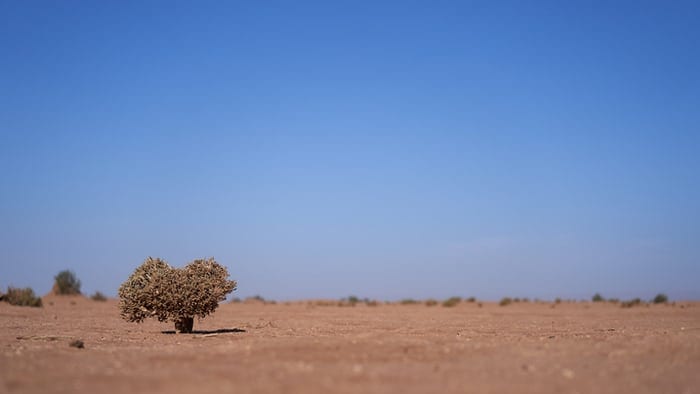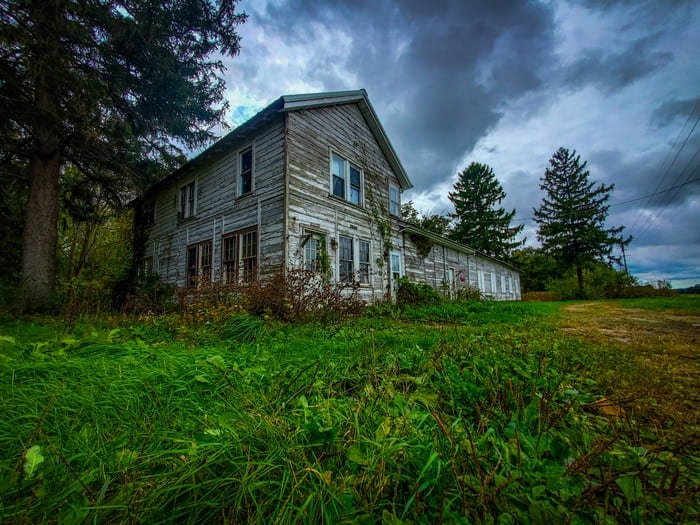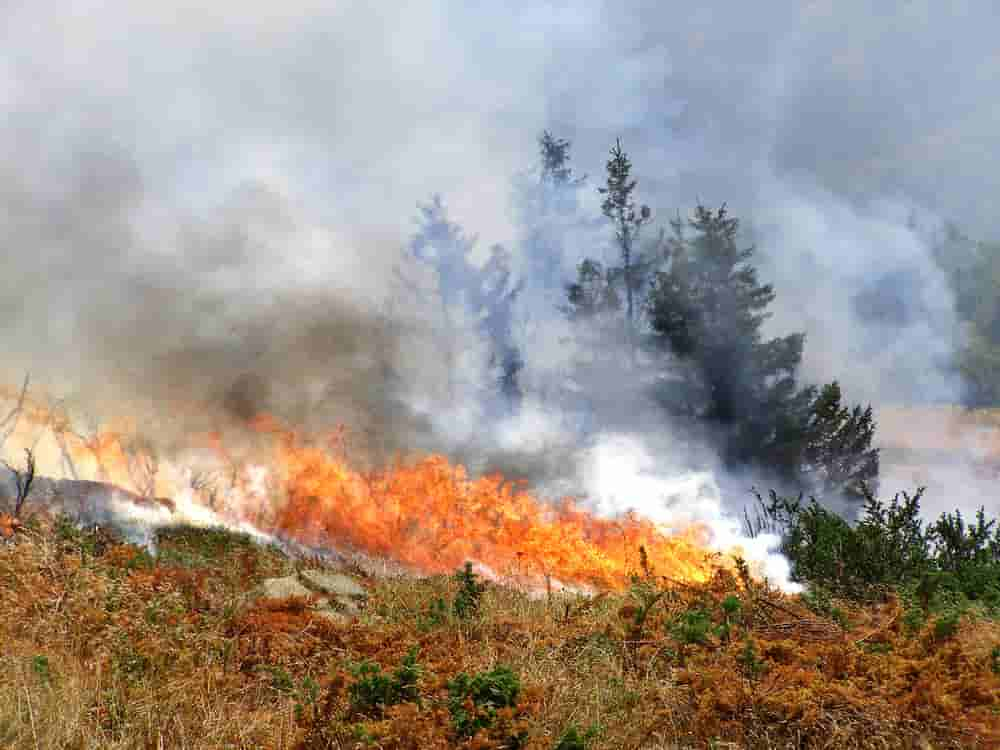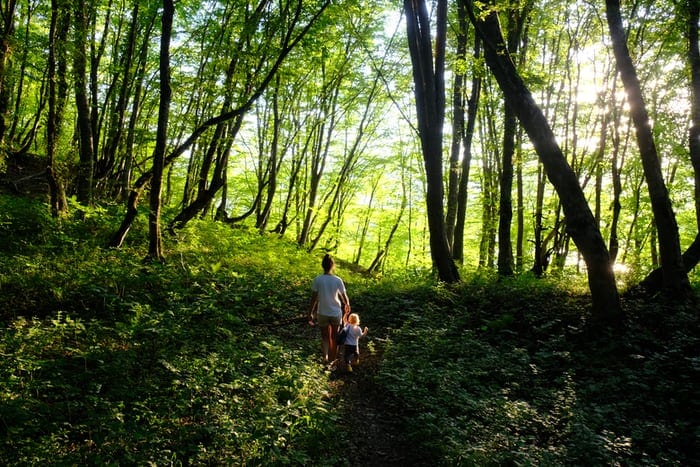Table of contents
- Introduction
- What is vacant land liability insurance?
- The difference between vacant and unoccupied land?
- How can a land be classed as unoccupied property?
- How do I know if a property is vacant?
- If I do: How do I insure it?
- The coverage of vacant land liability insurance
- What does vacant land liability insurance not cover?
- Examples of the coverage
- Do I really need owner’s title insurance?
- Conclusion
Introduction
As a homeowner, you should know that your homeowners insurance generally for your property includes the buildings and belongings on it. Does this mean that any land without any building or structures on it cannot be insured?
Definitely not!
Unfortunately, vacant land poses risks from the angle of insurance, this where vacant land liability insurance rings a bell. The question for all land owners must answer is does these risks necessitate having land insurance or not. In most situations, it’s always a smart move, especially when you don’t have any means to stop strangers from trespassing.
From a legal standpoint, it’s always the trespasser who sue, that always win for injuries or accidents that occur on your property. For this only, it’s also possible for friends and acquaintances to sue one another either. The important point here, vacant land insurance can protect you from the unforeseen circumstances, even with unoccupied land.
Here’s everything you need to know about this type of insurance:
What is vacant land liability insurance?
Vacant land liability insurance is a form of liability insurance. Basically, it exists to protect you in situation in case anyone gets hurt on your property. Meaning it will help in taking care of the medical expenses as well as your legal fees.

It is worthy to note that Liability insurance does not protect the land or structures on it. It is completely for liability protection.
A type of property coverage that covers a claim of bodily injury or property damage if someone has an accident on your property. And If someone files a lawsuit against you, it will equally help to cover your legal fees.
While it cannot take care of any damage that occurs to your land. It will protect you financially if others are injured on your property. To know if this type of insurance is relevant for you, consider the risks and talk with a well informed agent.
The difference between vacant and unoccupied land?
Let’s understand the word “vacant” from the angel of insurance. A property is vacant when there is no human-made structure on a land.
Vacant: having no man-made contents, empty, void.
Unoccupied is defined as a land that has some human-made structures, but there are not in use for period of time.
Unoccupied: without occupants, but not devoid of structures or other buildings.
The major difference between the two is a matter of time and intent. While unoccupied is a temporary desertion of a land. Vacant land widely represents desertion of a particular land.
So what’s the point here? Well, either the two may impact the coverage under a typical Homeowner policy. It is crucial to know the consequences of either the two in order to keep your coverage intact.
How can a land be classed as unoccupied property?
Dictionary explains the word “unoccupied”, you will easily know that it means a property not inhabited especially by a tenant. Or that the property is not in use.
A land can be classified as an unoccupied land, if the property or structure on it is not in use. Or the structure built is not inhabited by any one especially a tenant. This may prove to be a challenge for the landowner if not handle adequately. And this is where an informed agent of an insurance company will tell you what to do. And you being a real estate investor need to be careful not to purchase an unoccupied land thinking it is a vacant land.

How do I know if a property is vacant?
Probably you are a real estate investor and presented with an opportunity to buy vacant land. Fortunately, vacant land investments are just as possible as any other exit strategy, if not more. Vacant land is a sound investment, as long as there is clear expectations as you go into. With full knowledge of everything that buying vacant land entails, and plan how to use the land.
The question that need to be answered is: how do I know if a property is vacant?
Any land that doesn’t currently have a structure in place is a vacant land. In the past, a structure may have been built on it, only for it to be demolished. However, the process of buying vacant land requires totally different set of considerations than your typical home buying process.
If I do: How do I insure it?
Basically, there are four methods to buy a vacant land liability insurance. All the four methods offer some definite opportunities for coverage. With this, you should consider carefully the coverage type and cost.
Homeowners policy
The first step might be your homeowners insurance . Probably, you already own a home with a home insurance policy. You in the best position contact your insurer to ask for vacant land coverage. With this, you have extended your homeowners insurance coverage to protect a parcel of vacant land.
What Does Vacant Land Insurance Cover:
Is better to be crystal clear, although, this will provide coverage only for a vacant property. Probably there is an unoccupied home that is empty for 60 days or longer. Or any type of human-made structure like a boardwalk to a beach or lake, the insurer will ummedy remove some of the insurance coverage you need.
International Risk Management Institute, Inc For example, you inherited a real estate with an empty home and a vacant land nearby. You might not be able to get a policy to cover both outright. Then, is very important you add the land to the declarations page and include all acreages in the policy. When you miss one acre, liability on that piece of land is not covered.
Specialty vacant land insurance
This type of vacant land insurance is a different insurance policy you bought only to cover your vacant land with no structures. Here, there is no need for home insurance to get this policy.
This could be a plot of land you bought with the intention to build your dream home in years to come. Probably a vacant land left for you from an inheritance. Regardless what it is, the coverage is affordable, and there is no deductible on most policies.
Additional hunting land insurance
There is a land that you plan to hunt on or to allow others to hunt on. Then you will need to buy a hunting land insurance. This is due to the increased risks on your property as a result of firearms and other weapons that will be used on the property. The liability risks would much higher.
It is crucial to share the risks with hunters if they would be using your land. This include areas where there is cliff or higher risk areas. However, with hunting insurance, it is important to have them sign a liability waiver that will free you from any lawsuit.
Be mindful to trust those whom you give permission. Because even with the permission, always walk around your land regularly. For instance, a stranger without your permission builds a deer stand and injures falling out of it. You will be liable for it even though you are not aware of the stand. And the worse, is that the deer stand will be considered a structure and this alone could void your policy altogether.
Umbrella insurance
There is still a great opportunity to insure a vacant land is with umbrella insurance. Umbrella insurance is a type of liability insurance that you can combine with your homeowners policy.
The coverage of vacant land liability insurance
The vacant land liability insurance is a general liability policy that protects vacant land without any human-made structures. Also, it protects the owner when sued by someone over damage done to their property. Or when they sustain bodily injury while on your property. This covers:
Property damage to someone else’s property
This insurance offers coverage for property damage as a result of the damage from your own property. For instance, a group of people used the land and started a fire. And it spreads to a nearby property and burns someone else’s home, fence, or other property. The policy is there to cover the damage.
When a fence on the vacant property topples over and strikes another person’s property. Example a car, the policy can take care of the damage to the vehicle, assuming the person did not hit the fence and cause it to fall.
Bodily injury to someone else
The coverage is the most important component. Particularly, it covers accidents or incidents for someone else who uses your property and suffers bodily injury. Accidents may occur from:
- Hunting
- Fishing
- All-terrain vehicles
- Camping
- Swimming (lakes, ponds, rivers)
- Hiking
- Cliff diving
- Swimming
- Exercising
- Running
- Kids playing
- Baseball
- Soccer
- Hide and seek
- Smoking
These bodily injury claims are prevalent. A person using the property and steps on a broken board with a nail in it. Causing great injury to the person’s foot, they may be able to file a claim for the loss. If a person is walking down a sidewalk on the vacant property and slips and falls due to ice on the sidewalk may file a claim for the damages they suffer.
What does vacant land liability insurance not cover?
The vacant land liability insurance excludes the following:
Commercial use of the land
Any thing by which the owner derives revenue from the land. This includes:
- Vacant land leased to others or considered rental property.
- It’s used for farming, ranching, or lumbering operations of any type.
Human-made structure on the premise
Any structures on a vacant land will make the land insurance policy null and void. Assuming the insurer is knowledgeable about the human-made structures on the land. They will exclude the land or structure in the policy. However, the landowner can still get insurance for the remaining vacant land.
For example, you or someone else you know or do not know, includes a structure to your land after you have purchased your policy, that policy is void. When you are sued because of an accident involving the structure, just know that you are not covered.
While it may be obvious, a structure is not limited to an abandoned home or barn. This includes anything on the land, whether it was there when you purchased your policy. Or the structures you or someone else added after.
Examples of structures include:
- An abandoned home or barn
- Sheds, bridges, boardwalks, or sculpture art
- Chains blocking trails
- Tree forts or hunting pulpits
- Gas, oil, solar or wind energy structures
- Fences, walls, poles, and roads
Acreage limitations
There may be vacant land limitation on acreage by policy which is better you lease it out. Still, it may be apply to properties over 1000 acres or over 25 acres of lakes and ponds.
Examples of the coverage
Hazardous cliffs and falling rocks
Bodily injuries may apply to hazards, such as areas of falling rock or cliffs. Talking about hazards, this has to do with any kind of risk on the property that may cause someone else sustain injury due to a fall. When someone is walking on a property that has been presumed safe. And if for any reason, he/she injures. They may decide to file a claim against the vacant property insurance.
Trees and plants
When a tree branch falls or poisonous plant mistakenly causes injury to others. Vacant land coverage is there to minimize those risks.
For instance, a 1,000 year old tree is damaged in a storm, the insurance may decide to take care of the cost of your loss not. Property like this is commonly covered, such a worthy commodity must be included on the policy when you buy it, with a value assigned to the tree. When you do not include the value of the tree in your policy. Then the insurance company will estimate the value based on relevant factors such as expected worth of it before the incident.
All terrain vehicles (ATVs)
If planning to allow the use of all-terrain vehicles on the property, this increases the liability risk. Always make sure your policy covers those risks expressly. Research has it; there is an increase in the amount of rural public land being considered accessible for public recreational use. Still trespassers will trespass, even when there are many public parks for people to use. This doesn’t allow you to go without liability coverage.

Trespassing
Normally, landowners are not legally held responsible for any bodily injury or property damage of a trespasser. Nevertheless, there are still many exceptions, and in court, the answer lies strictly with the judge or jury.
These are exceptions when landowners are held responsible;
- Trespassing Hotspots. When a land is widely identified to have trespassers. For instance, it is known to be the best hunting zone around. A short-cut to a National Park or swimming pool, or a great venue for photography. It rest on the landowner to post a hazard and no trespassing signs. This will help in a lawsuit, but equally know that signs do not assure relief of liability.
- Willful or Wanton Conduct. If accidentally you injure a trespasser while skeet shooting, you are liable. Mistakenly you booby-trap an entrance to your land, you are also responsible.
Forest and wildfire

Categorizing the liability related to any forest fire, whether it was started by another person, a deed of God, or a strike of lightning. It’s a massive procedure often undertaken by government investigators. At the end, a property is considered to be a higher risk of forest fires or wildfires, the owner will be held liable for the damages caused to others. And when such a person is found responsible, the Federal government has statutes allowing the affected ones to recover 6-7 times the compensation.
Do I really need owner’s title insurance?
Yes, you do!
It helps to protect you from other claims that was made against previous owners of the land. For example; forged documents, custody battles when a spouse is claiming ownership and the seller never disclosed the spouse’s ownership share. Unpaid taxes or mortgages, forged documents e.t.c. Remember, buying a land doesn’t mean you have the legal rights to it.
That’s where title insurance comes to play by protecting you from those harms. Because it provides protection for you when someone sues you by saying they have a claim against the previous owners before you bought it.
This goes to warn you that when you purchase a property, always collect a document most often called a deed, which shows that the seller has transferred their legal ownership, or “title” to their property, to you. This title insurance will protect you if someone later sues.
Conclusion
Buying a vacant land may seem to be tricky. But it doesn’t mean you shouldn’t consider it. When you undertake the process with a clear knowledge of what you are doing. Together with a plan, certainly you will be able to turn a vacant land into that dream home. It is equally an opportunity for building wealth.
First you need to build a network and then research potential financing options. These steps may assist you to decide if the vacant land will be a profitable addition to your investment portfolio. With the right support, the decision to buy vacant land may be your best one yet.
